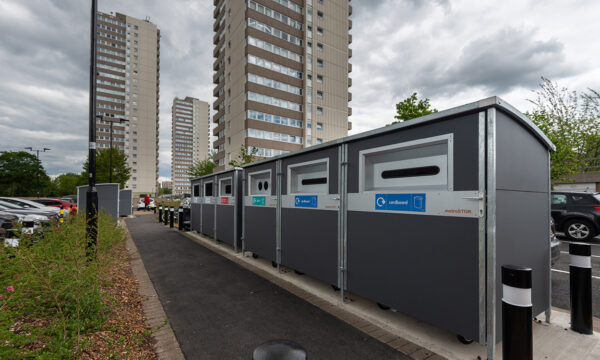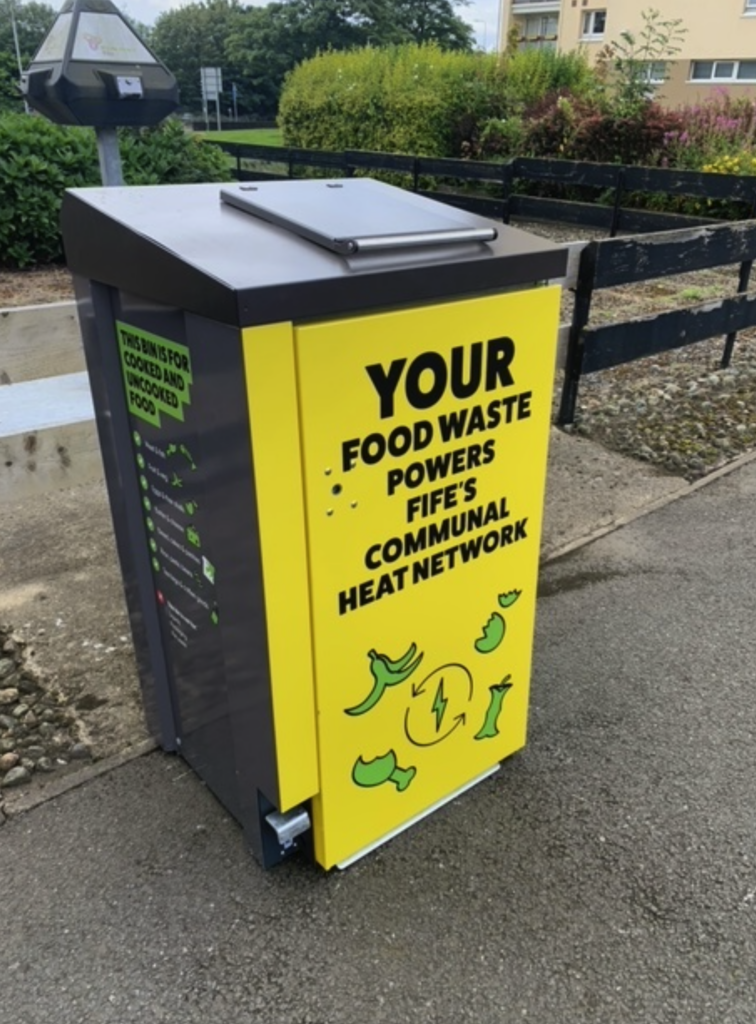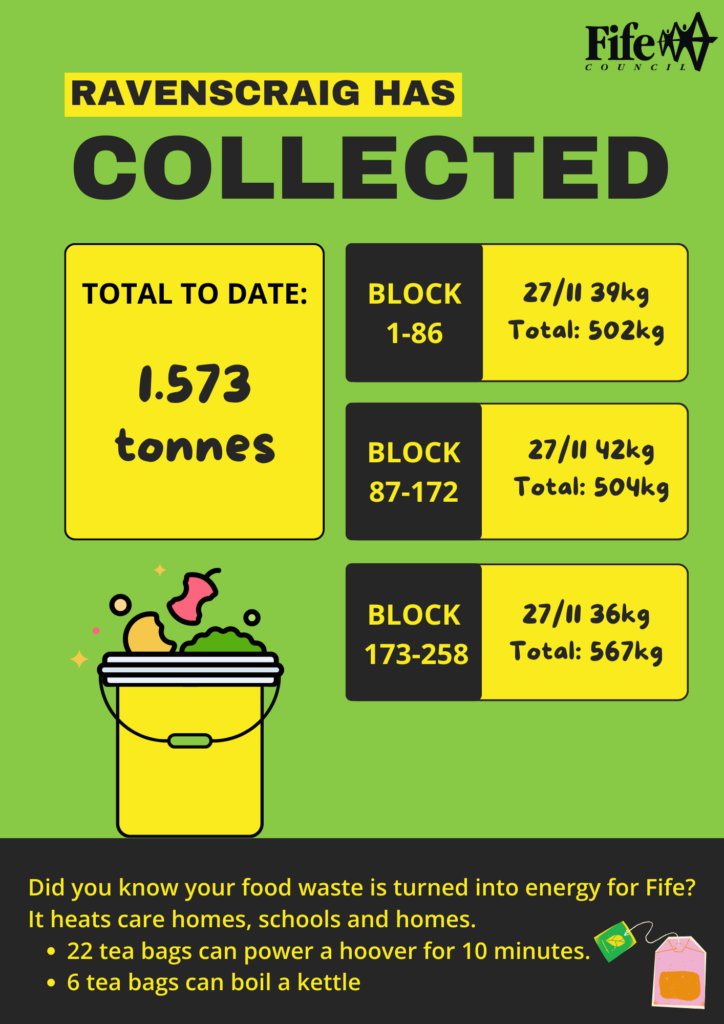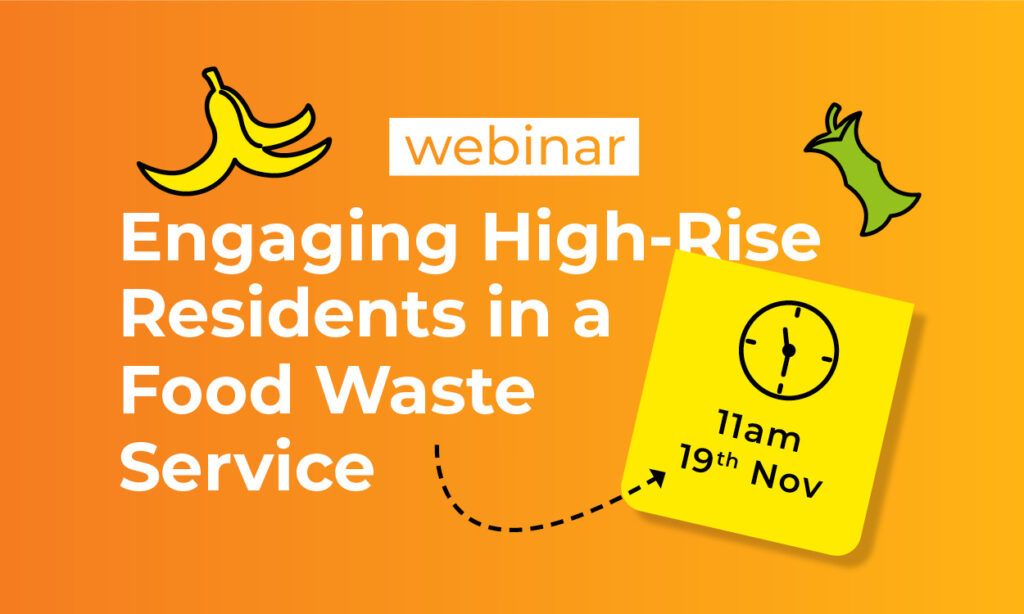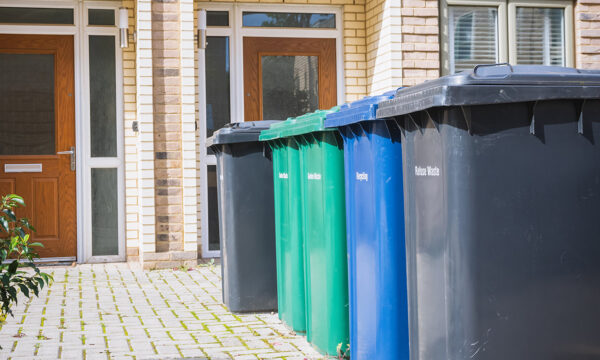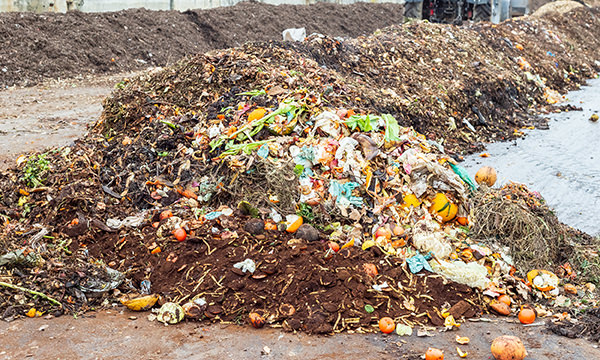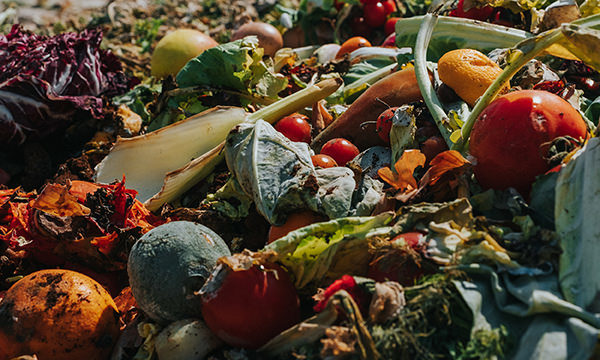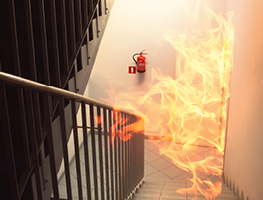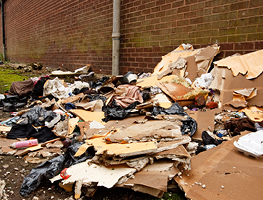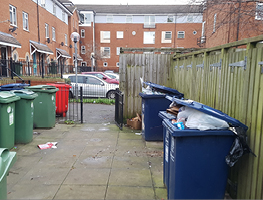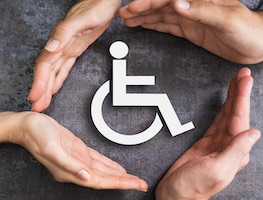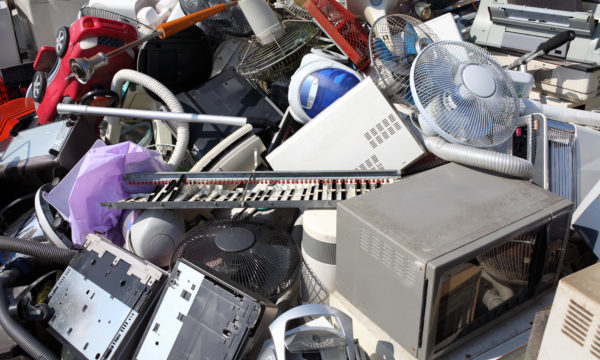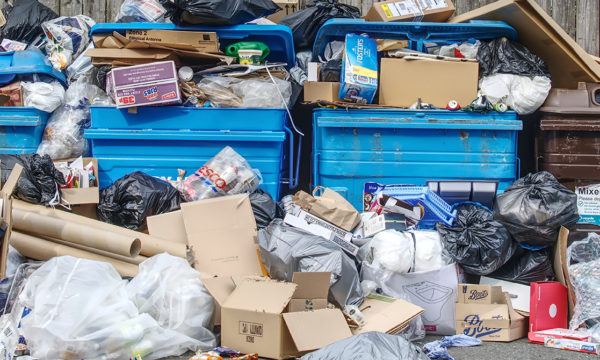With growing concern for Earth’s climate hitting a crescendo in the 1990s, environmental organisations began to put pressure on governments to protect the planet’s future. In 2008 the Climate Change Act passed into law with the aim of turning the United Kingdom into a greener, healthier country by 2050.
Fast-forward to 2018 where, as part of its own Climate Change Plan, Scotland set a target of a 33% reduction in food waste by 2025. With that date fast approaching, we look at how Fife Council explored a food waste service for high rise flat residents, many of whom were experiencing it for the first time.
Leading the charge in making that change is Waste Operations Service Manager, Sandy Anderson. Committed to delivering behaviour change with the ambition for a wider roll-out in other blocks of flats, Sandy engaged Sustainable Sidekicks to support with behavioural insights and research. The three-month trial was aimed at understanding the barriers and motivators for people using a food waste service, and what communication channels and messages might work.
It was clear that for residents of high rise flats, using a food waste service requires more effort than just dropping a bag down the chute. So, Sandy and the team were determined to make the service as easy as possible by putting bins right outside the front door of the building. To address the ‘ick factor’ of touching the units, they chose a metroSTOR FX Food Waste Bin Housing with a foot pedal.
To tackle communicating the trial to residents, inspiration was drawn from other national initiatives such as ReLondon and Hubbub – both specialists in vibrant climate comms. The ReLondon artwork was used as inspiration and bin vinyls were developed by MetroStor trialling three different messages:
- Instructions of what could and couldn’t go in the bin, which also appeared on the food caddies.
- A ‘Thankyou’ message to normalise the behaviour.
- An explanation of where the food waste went, and how it fueled the local heat network.
Once the trial was underway, residents received regular updates on how it was going via posters. Rather than just providing a broader look, posters giving running totals per block were put up to give a real sense of collective effort. Fun recycling facts were also included to give some tangible context to the good being done and that a real difference was being made.
From interviews with residents who were using the service, the motivators included:
- Doing their bit for the environment.
- Improving the smell of their household bin.
- Improving the smell of chutes and hallways in the buildings.
These learnings were taken forward and included in resident magazines and local press articles. The content was focused on the benefits to the people’s own spaces and the local community rather than just an environmental message.
From data collected during the trial, households were depositing weights on average of 1kg per visit to the bins. In total, 45kg of food waste was being collected from the blocks per week.
As a follow-on from the trial, Fife Council and the Sustainable Sidekicks team were able to provide a detailed report. This was full of recommendations for a wider roll-out, which covered the infrastructure and comms approach.
Key takeaways included using high quality caddy liners, locating bins at easy locations and focusing the comms on social proof as well as both individual and community benefits. Ultimately, this led to a successful funding bid from Zero Waste Scotland.
Blocks of flats will present a significant challenge to the introduction of separate collection of residential food waste by April 2026. Availability of space and difficulties with resident engagement are just two hurdles to overcome. However, it’s clear that Fife Council’s work will aid others in approaching these areas.
Join metroSTOR at 11am on the 19th November for a focused webinar session on behaviour change. Sandy, along with Livvy from Sustainable Sidekicks will be going into more detail on the Fife trial, while our own Nigel Deacon will be delving into the benefits of closed access bin enclosures featuring our metroKEY app. To register your place, head here.
